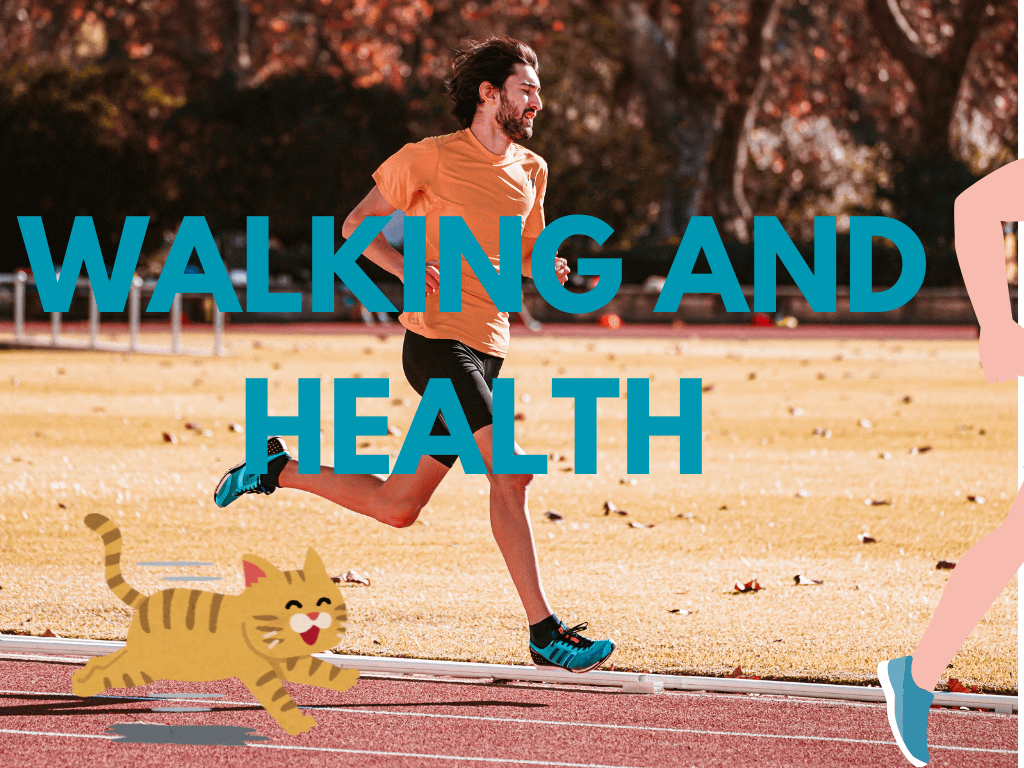Walking for Health: The Ultimate Guide to Boosting Your Well-being
Introduction
Walking is one of the simplest and most accessible forms of exercise, yet its benefits for overall health are profound. From enhancing cardiovascular health to improving mental well-being, incorporating walking into your daily routine can lead to significant improvements in your quality of life. This guide explores the many advantages of walking and provides practical tips to help you get started and stay motivated.
I. The Benefits of Walking
A. Physical Health
Cardiovascular Health: Strengthening Your Heart
Walking is a great way to boost cardiovascular health. Regular walking improves circulation, lowers blood pressure, and strengthens the heart muscle. These benefits can reduce the risk of heart disease and stroke.
Weight Management: Supporting Healthy Weight
Walking helps burn calories and manage weight. Incorporating brisk walking into your daily routine can contribute to a healthier weight and prevent obesity. It’s a low-impact exercise that can be easily integrated into your day.
Joint Health: Enhancing Mobility
Walking is a low-impact exercise that supports joint health. It helps maintain joint flexibility and reduces the risk of conditions such as arthritis. Regular walking strengthens the muscles around the joints, which can alleviate stiffness and pain.
B. Mental Health
Mood Improvement: Lifting Your Spirits
Walking releases endorphins, which can elevate your mood and reduce feelings of anxiety and depression. A daily walk, even a short one, can have a positive impact on your mental health and overall sense of well-being.
Stress Reduction: Finding Your Calm
Walking helps reduce stress by lowering cortisol levels. It provides a break from daily pressures and offers a chance to clear your mind. Walking in nature or a peaceful environment can be particularly soothing.
Cognitive Function: Sharpening Your Mind
Engaging in regular walking has been linked to improved cognitive function and memory. Walking stimulates brain activity, which can enhance mental sharpness and reduce the risk of cognitive decline.
C. Social Health
Building Connections: Enhancing Social Interaction
Walking with friends or joining a walking group can provide valuable social interaction. Social connections made during walks can boost emotional well-being and offer support and motivation.
Community Engagement: Connecting with Your Neighborhood
Walking around your neighborhood or local parks helps you engage with your community. It offers a chance to interact with neighbors, enjoy local scenery, and feel more connected to your surroundings.
II. Tips for Incorporating Walking into Your Routine
A. Setting Goals
Start Small: Building a Habit
Begin with achievable goals, such as walking for 10-15 minutes a day. Gradually increase the duration and intensity as you build stamina. Setting small, manageable goals helps establish a consistent walking routine.
Tracking Progress: Staying Motivated
Use a pedometer or a fitness app to track your steps and monitor progress. Seeing your achievements can boost motivation and help you stay committed to your walking routine.
B. Finding Opportunities to Walk
Daily Activities: Integrating Walking into Your Life
Look for opportunities to walk throughout the day. Choose walking over driving for short trips, take the stairs instead of the elevator, and use walking meetings for work-related discussions.
Exploring New Routes: Keeping It Interesting
Vary your walking routes to keep the experience enjoyable. Explore different parks, trails, or neighborhoods to maintain interest and discover new places. Changing scenery can make walking more engaging.
C. Ensuring Safety and Comfort
Proper Footwear: Choosing the Right Shoes
Invest in a good pair of walking shoes that provide support and comfort. Proper footwear can prevent injuries and make your walking experience more enjoyable.
Staying Hydrated: Keeping Your Body Hydrated
Drink water before, during, and after your walk to stay hydrated. Proper hydration is essential for overall health and helps maintain energy levels during physical activity.

Conclusion
Walking is a simple yet powerful exercise with numerous benefits for physical, mental, and social health. By incorporating regular walks into your routine, you can improve cardiovascular health, manage weight, enhance mood, and build social connections. Remember to start small, track your progress, and find enjoyable routes to make walking a sustainable part of your lifestyle.
FAQs
How often should I walk to see health benefits?
Aim for at least 150 minutes of moderate-intensity walking per week, which can be broken into shorter sessions.
What are some tips for staying motivated to walk regularly?
Set small goals, track your progress, find walking buddies, and explore new routes to keep walking enjoyable and motivating.
Can walking help with weight management? Yes, walking burns calories and supports weight management. Combined with a balanced diet,
regular walking can help maintain a healthy weight.
What should I wear for a comfortable walk?
Wear supportive walking shoes and comfortable clothing that suits the weather. Proper footwear is crucial for preventing injuries and ensuring comfort.
Is it necessary to walk at a brisk pace to gain health benefits?
While brisk walking provides additional cardiovascular benefits, any amount of walking is beneficial. Aim to walk at a pace that is comfortable and sustainable for you.
